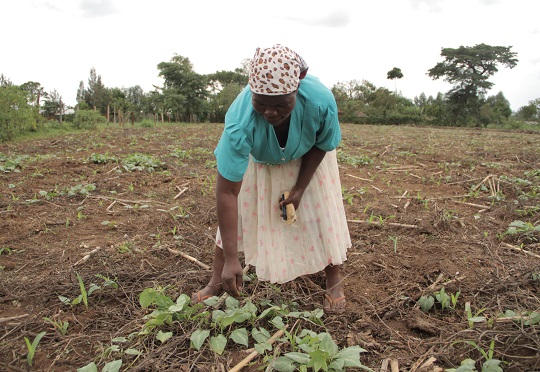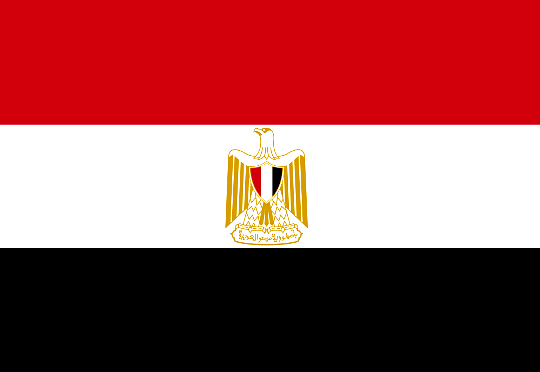The governor of the Central Bank of Nigeria (CBN), Godwin Emefiele, has said the apex bank would continue to maintain a stable exchange rate in the country and avoid the pitfalls of depreciating the nation’s currency.
Emefiele gave the assurance yesterday in his remarks at a media briefing by Nigerian delegation to the just – concluded International Monetary Fund and World Bank meetings in Bali, Indonesia.
The apex bank’s governor disclosed this while reacting to advice by the IMF for Nigeria to judiciously use the country’s external reserves in defending the naira against the outflow of foreign portfolio investment triggered by rising interest rate in the United States and other advanced countries.
Emefiele said the choice for Nigeria is to maintain a stable exchange rate so that businesses can plan.
“ So that we don’t create problems in the banking system assets, when these happen, they have very wide ramifications. That is the reason we are maintaining our current position and we believe it is sustainable, at least in the short run.”
Also, the federal government said it has already increased funding of the nation’s education and health sectors in accordance with the recommendation of the World Bank and Sustainable Development Goals (SDGs).
The Minister of Budget and National Planning, Udo Udoma, said that Nigeria plans to spend a total of N248billion to implement its programmes in the nation’s education and health sectors.
According to the minister, the federal government has already increased funding of education and health sectors in accordance with the recommendation of the World Bank and Sustainable Development Goals (SDGs).
He was reacting to the recent report by the World Bank Group which rated Nigeria 152 out of the 157 rated countries in Human Capital Index.Udoma said Nigeria’s low position in human capital development was a result of cumulative neglect over a period of time.
He said the government has clearly identified the lapses, and has made steps to “invest in our people” in its Economic Recovery and Growth Plan. Udoma pointed to the increase of capital allocation for education from N22.52 billion in 2015 to N102.9 billion in 2018, and capital allocation on health from N22.68 billion in 2015 to N86.49 billion in 2018, as a demonstration of government’s zeal to raise financing of both sectors to also boost human capital development.
“In addition, in this year’s budget, we are setting aside N55.15 billion on the provisions of the national health act, as well as N3.5 billion counterpart funding for Gavi immunisation – that is in the service-wide vote.
“It has been a focus. In the ERGP, we have increased funding to those areas because we are conscious of the need to invest in our people. But it takes time for the increased allocation to manifest. These things take some time. We do acknowledge that it is important to invest in human capital and we are doing something about it,” Udoma stated.
He spoke quite different from the minister of finance, Mrs Zainab Ahmed, who echoed the need for Nigeria – both federal and state governments to work hard to increase revenues to ease debt service implications. “We have to enhance our domestic revenue mobilisation so that we can ease the debt service burden we carry,” she stated.
Ahmed said Nigeria is currently in a situation where it must consider building more fiscal buffers. Because, according to her, even though the global economy is growing positively, there were still lots of fragility all over.
“The next wind of recession that might hit the global economy might not be the one that any country can quickly pull out from unless the country has sufficient buffers. So, as a country – both the federal and the states, we have to look for how to save more,” Ahmed said, adding that “we have to look at how to invest more in critical infrastructure that will yield revenue. That is what I came across throughout the meetings of the World Bank and the IMF. All countries need to build more fiscal buffers. We have to do this to protect ourselves from external shocks.”
However, Emefiele said Nigeria finds itself in a situation where it cannot build buffers at this time. He said, “We are very conscious of the need to build buffers. Unfortunately, I will say that we are in a period where it will be difficult to talk about building reserve buffers at this time.”
He said this would mean allowing the reserves and the currency to go – and wherever it goes is something else. It’s a choice for the authorities to make.
The delegation had series of meetings with the IMF and World Bank Group, rating agencies and foreign investors who both ministers said showed much interest to invest in Nigerian.


